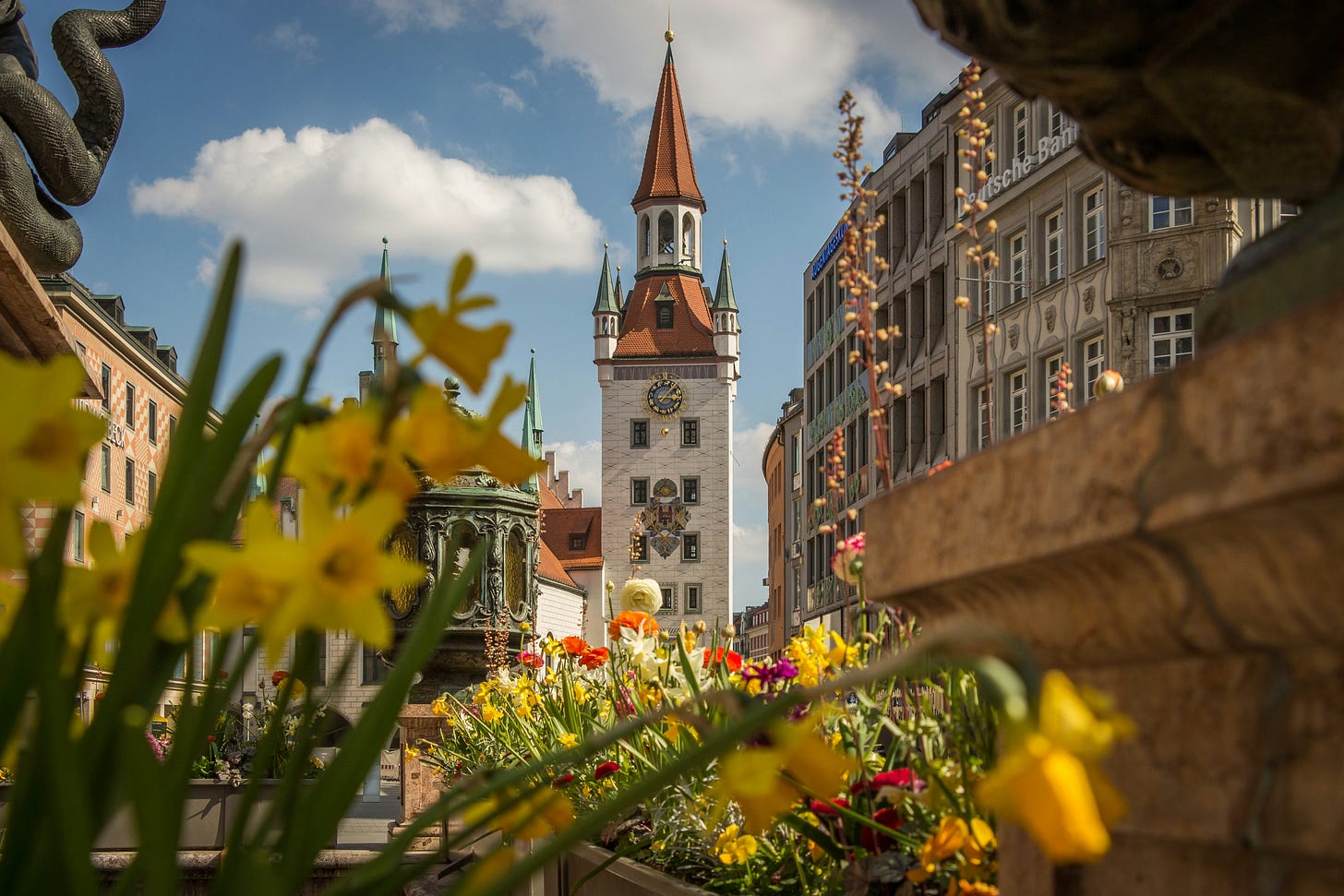Germany, a career made possible. Italy, a missed chance
Germania, carriera possibile. Italia, occasione mancata
La storia di Sophia G., tra opportunità estere e il sogno del ritorno
Quando nel febbraio 2022 Sophia G., 26 anni, lasciava Città della Pieve per la Germania, non lo faceva per spirito di avventura. Era ancora studentessa, ma aveva già chiaro un concetto: in Italia le possibilità erano due – continuare a fare la hostess oppure iniziare un tirocinio a tem…


